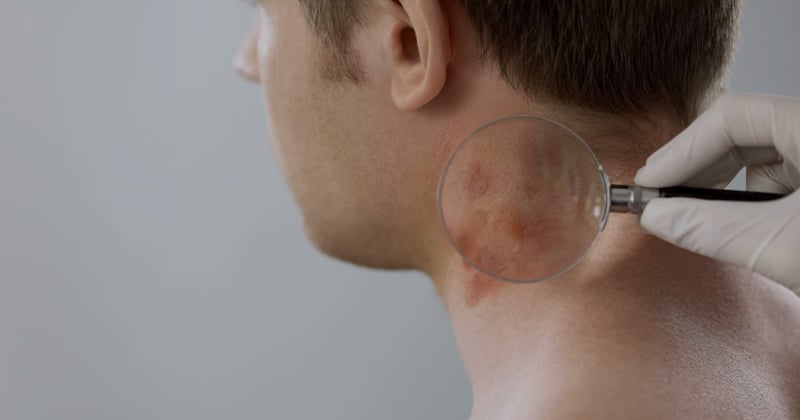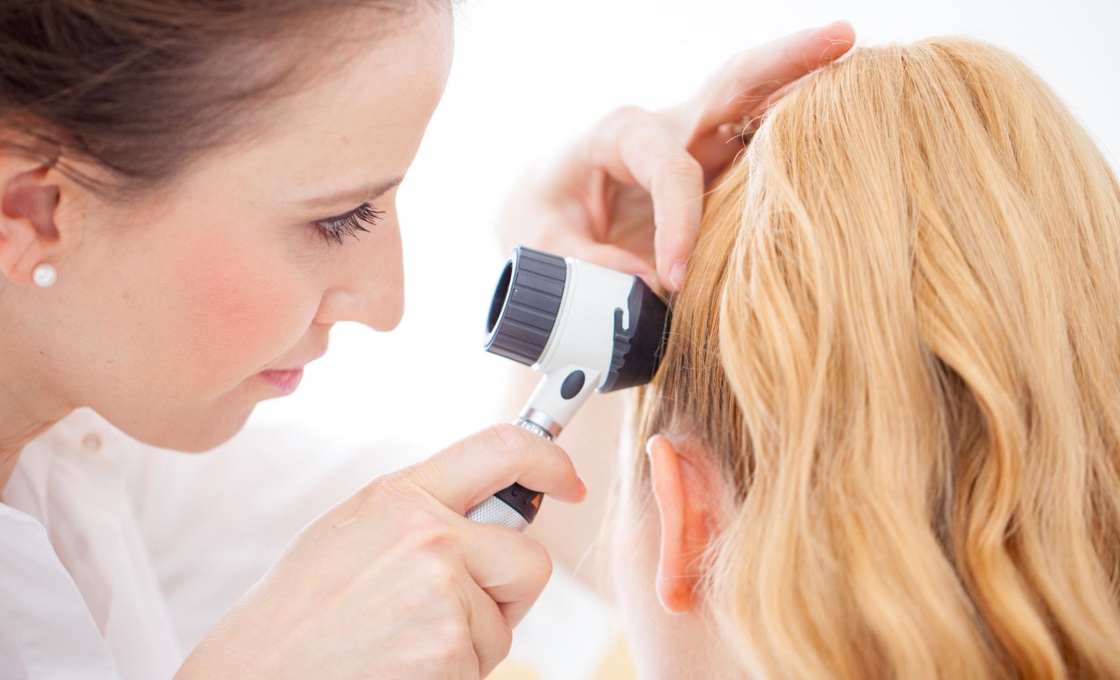

Psoriasis Treatment
in Crown Point, IN
What Is Psoriasis?
Psoriasis is a common skin condition that leads to patches of dry, scaly, itchy skin. It isn’t contagious and can’t be spread from person to person.
What Are Psoriasis Symptoms?
Psoriasis symptoms can vary for each person and depend on the specific type. Most people with this condition have red, inflamed patches of skin that are covered in thick, whitish-silver scales. These patches of skin tend to itch, and they can also burn or feel sore. It’s common for the skin around the patches to feel dry, which can lead to skin that cracks and bleeds. Stiff, swollen joints are symptoms that commonly occur in people with psoriatic arthritis.
Symptoms frequently go through cycles. You might experience noticeable symptoms for several days or weeks, and then they might subside for a period of time or even go into remission. Symptoms appear on most areas of the body, including the scalp, face, hands, elbows, knees, and feet.
REQUEST NOWPsoriasis Types
There are a number of psoriasis types, and it’s possible to have more than one at the same time. Here’s a look at the different types of this skin condition:
Plaque: This is the most common type, which appears as raised patches of red, inflamed skin with silver scales. It typically affects the scalp, elbows, lower back, and knees.
Guttate: Often developing during childhood, this type is usually triggered by a bacterial infection. Small, red, raised bumps develop on the scalp, torso, arms, or legs.
Inverse: Usually triggered by a fungal infection, this type appears as smooth patches of red, inflamed skin that has no scales. It usually affects parts of the body where the skin folds, such as under the breasts, armpits, and genitals.
Pustular: This type causes pus-filled, painful blisters to appear, and the surrounding skin looks red and inflamed. The pustules can become widespread and affect large areas of the body, or they can be localized to the palms or soles of the feet.
Psoriatic: This type causes painful, swollen joints that range from mild to severe. It can affect any joint in the body, and cause permanent joint damage in severe cases.
Erythrodermic: Although this is the least common type, it can quickly develop into a life-threatening condition. Symptoms include a red, peeling rash, intense itching, pain, or a burning sensation that affects nearly the entire body. If you have an erythrodermic flare, you should see a doctor as soon as possible.
Psoriasis Causes
Researchers haven’t yet identified a specific cause, but it’s known that psoriasis is an autoimmune condition that results in the rapid production of new skin cells. As a result, dead skin cells quickly accumulate since the body is unable to shed the old skin cells quickly enough. This is what causes the patches of red skin with silvery plaques that are commonly seen with this skin condition.
Genetics and environmental factors also are thought to be psoriasis causes. If you have a family member with this skin condition, you have a higher risk of developing it. Specific things in the environment, called triggers, also can cause symptoms to develop. These triggers include:
- Stress
- A skin injury, such as a scratch, bug bite, or sunburn
- Weather, especially dry, cold conditions
- Illness or infection, such as strep throat, bronchitis, ear infection, or respiratory infection
- Frequent alcohol consumption
- Smoking
- Taking certain medications, including beta-blockers, non-steroidal anti-inflammatory drugs (NSAIDs), lithium, and malaria drugs

What Are Psoriasis Treatment Options?
There isn’t a cure, but psoriasis treatment can improve your symptoms by slowing down the rapid growth of skin cells and reducing itching, pain, and discomfort. Treatment depends on the type of psoriasis you have and which parts of the body are affected.

For mild cases, your dermatologist may prescribe a topical corticosteroid to help manage symptoms, or recommend other topical treatments, such as those containing salicylic acid, coal tar, retinoids, or aloe vera. Light therapy, also called phototherapy, can ease mild to moderate symptoms, as can daily exposure to sunlight. For severe cases, your doctor may prescribe oral or injectable medications that will suppress the immune system.
Your dermatologist can determine which treatments are right for you. You can also ask your doctor about over-the-counter treatments, such as lotions, shampoos, oatmeal baths, and other products that can help to relieve itching, moisturize, and soothe your skin. For some psoriasis types, a combination of treatments is the most appropriate. Avoiding known triggers can help to prevent flares. Always speak with your dermatologist before using any over-the-counter treatment.
1 Location in the Crown Point, IN area
Interested in Psoriasis? Request a consultation with a skin specialist today.
*Treatment options may vary at each location.Please confirm your desired treatment is offered at your preferred location when scheduling. *Age Restriction.
For patients scheduling who are under 18 years of age (19 in Alabama) please make sure you have permission from your parent or legal guardian to schedule this appointment. Your parent or legal guardian must accompany you on your initial visit and on certain subsequent visits to provide appropriate informed consent.